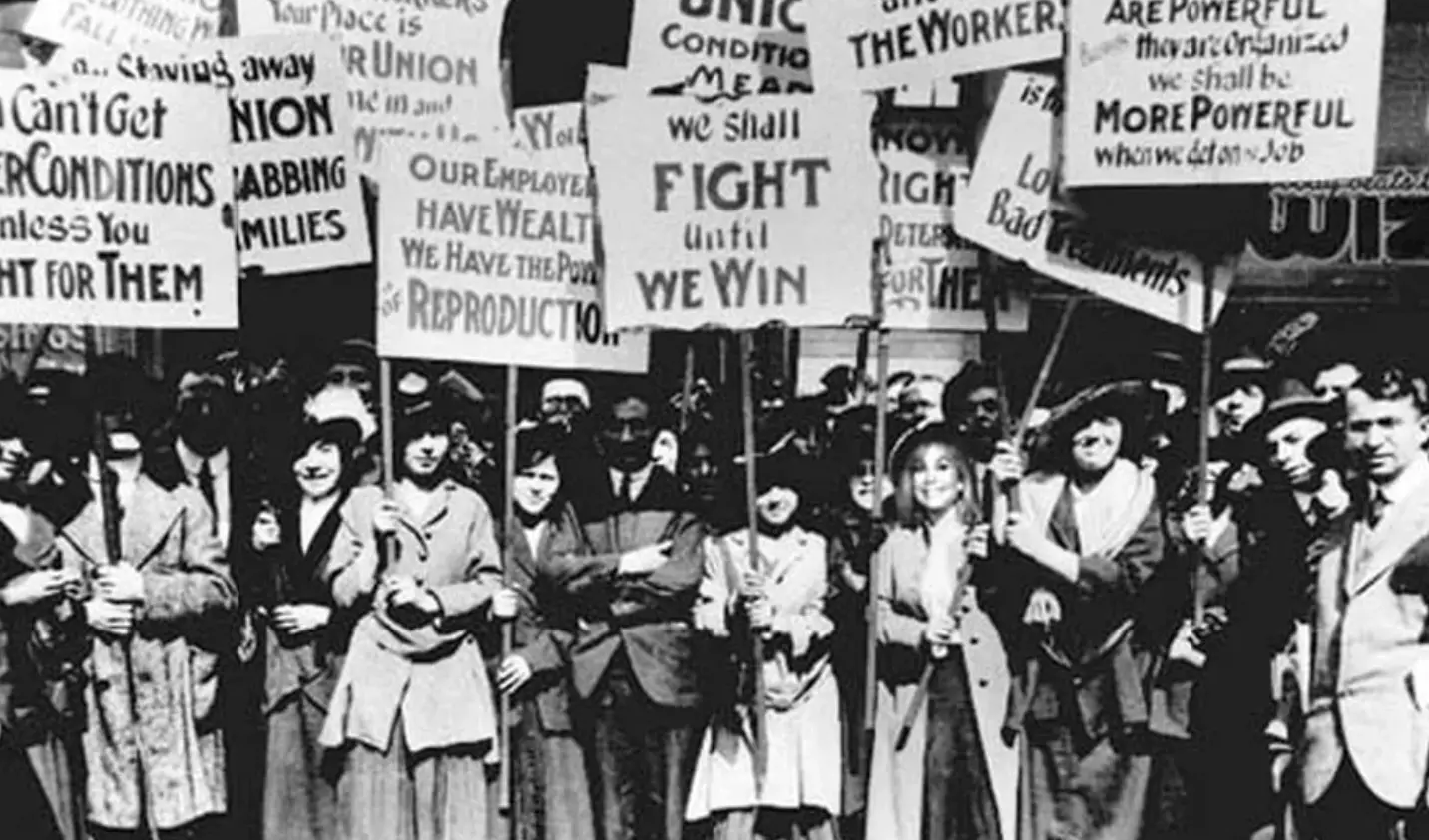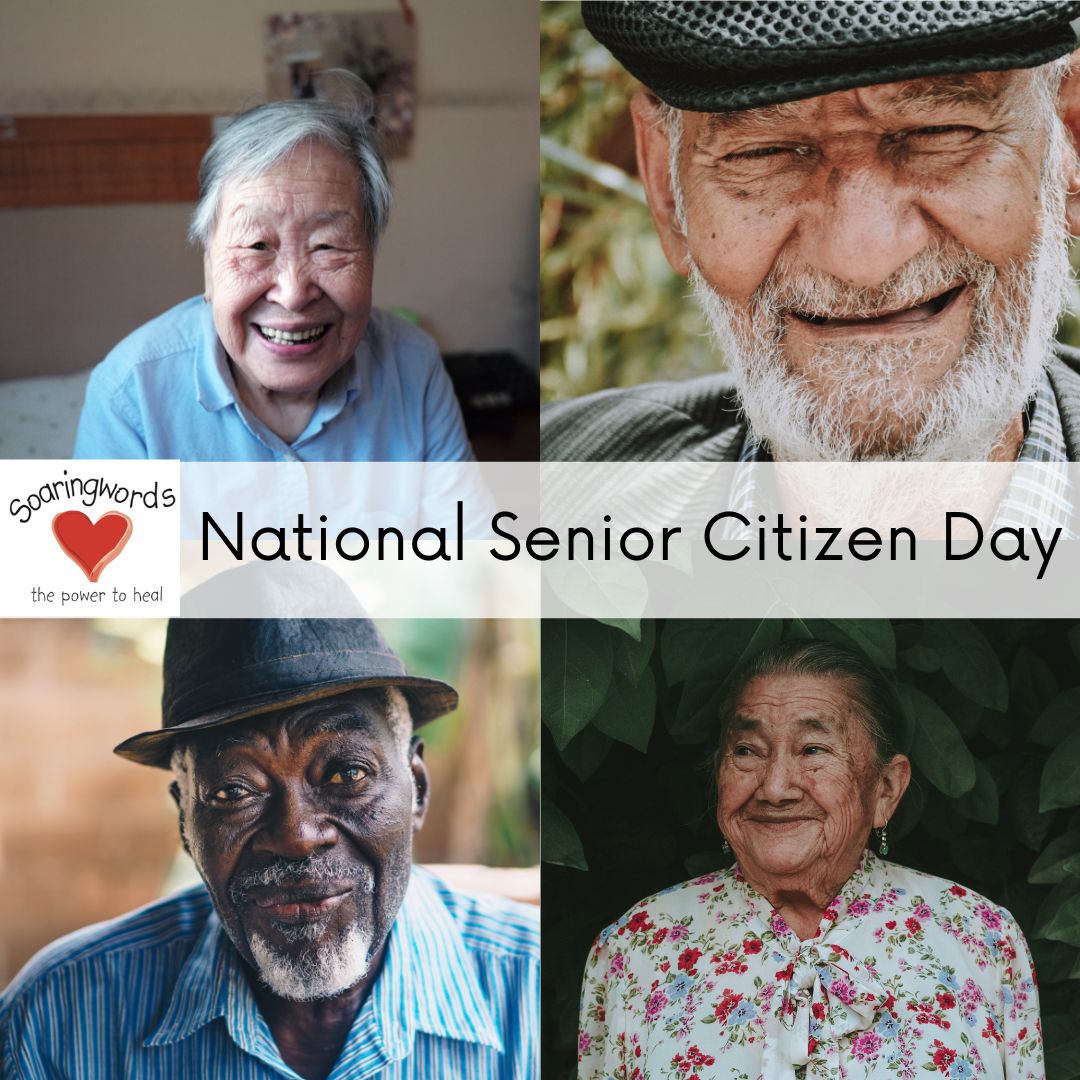
“The future is female” is a social movement and rallying cry. However, we can pause to consider how this truism has always been correct.
Most of us grew up without the benefit of hearing stories of ordinary girls and women doing extraordinary things. For centuries, the contributions of girls and women have been excluded from the canon of religious movements, historical accounts, lesson plans, business lore, and politics. Just because those stories aren’t told, however, does not mean they haven’t always existed. As women have made significant inroads in leadership and global social movements these stories are finally being told, celebrated, and replicated as girls and women are inspired to find their voices and take the next right action.
Young and Restless: The Girls Who Sparked America’s Revolutions, a new book written by journalist Mattie Kahn, uncovers powerful true stories of unsung tenacious girls whose activism sparked movements for social good. You’re probably familiar with the iconic stories of Rosa Parks, Florence Nightingale, Anne Frank, Sacagawea, and Harriet Tubman. Kahn debunks the notion that girls and women are outliers by offering extensive research that reveals how many of the most significant social movements (such as labor rights, civil rights, and racial equity) were in fact fueled by groups of girls whose stories have never been told.

Photo courtesy of The Guardian from newspaper clippings kept by Colvin.
For example, you’ve probably never heard about Claudette Colvin, a black teenager who refused to give up her seat on the bus—long before Rosa Parks. Claudette lived in the segregated south. In the summer of 1952, her sister Delphine was hospitalized for polio. Because Claudette was Black, she was barred from visiting her sister before she died. A couple of months later, one of her Black male classmates, Jeremiah Reeves, was wrongfully accused of raping a white housewife and sentenced to death. As these injustices piled on top of each other, Claudette boarded the bus home from school. Since there were no white passengers, she did not have to perform the degrading ritual of paying the fare and disembarking the bus to enter from the back door to sit in the section reserved for Black people. Instead, she took a seat in the front of the bus. As white passengers entered the bus, she refused to move to the back. She was arrested and thrown in jail. Claudette is one of the hundreds of courageous girls who were activists fighting for racial equality as part of the National Association for the Advancement of Colored People (NAACP) Youth Council.

Photo courtesy of Chalkbeat New York.
In the fall of 1968, 13-year-old Alice de Rivera sued Stuyvesant High School in New York City for only admitting male students. Stuyvesant was (and still is) a public school that was considered as competitive as the most prestigious private schools. At the same time that Alice was fighting for the right to receive a superior education, several leading universities were grappling with the decision to admit women into their hallowed institutions. A Princeton University graduate submitted a letter to the alumni magazine stating his position, “What is all this nonsense about admitting women to Princeton? A good old-fashioned whore-house would be … more efficient, and much, much cheaper.” Successful advocacy cases like de Rivera’s helped form the basis of the Title IX legislation, which prohibits sex-based discrimination from any educational program that receives federal funding.
In just three short weeks, the Barbie movie has become a cultural phenomenon surpassing $1 billion in sales. It seems that Director Greta Gerwig’s innovative reimagination of the concept of anthropomorphism—where human characteristics are attributed to animals and objects—fueled a global conversation. She skillfully created a new concept which I call “doll-o-morphism” as Barbie and Ken dolls playfully banter with each other and convey a serious message of gender roles and equality. Gerwig’s movie has resonated with an audiences of girls and women around the world at a time when women’s reproductive rights are being dismantled; the Me-Too movement has activated women to stand up against sexual violence and sexual assault; marginalized voices are being amplified about the need for racial justice; and women are coming together in social movements to stand up to patriarchal dominance. A romp in Barbieland, populated with hundreds of innocuous dolls who have sprung to life in a magenta and pink universe, is the improbable vehicle that has given adults an empowering way to talk about their aspirations, life experiences, and goals in a safe conversation around gender equality that’s picking up velocity through social media.

When I was a young girl, gender roles were tightly defined and rigid. I played with my Barbie doll, my brother Gary played with his Legos. In 1968, Barbie said three phrases: “I have a date tonight!”; “What shall I wear to the prom?” and “Would you like to go shopping?” Today, we recognize that children and adults can enjoy expressing their creativity, needs, and opinions in ways that have nothing to do with their gender. In addition, the conversation has expanded to include voices previously left out of the narrative. Let’s all remember that we are building the path as we walk upon it. This means that our actions and words are lighting the way for the young girls and boys who are listening to these conversations and watching these movements that will shape their futures and change the way they see the world. It’s also lighting the way for all of us, regardless of age, gender, race, or ethnicity: It changes the way we see, speak to, and respect other people. It’s time to appreciate the significant ways that both girls and boys, women and men, are creating new paths together.
I hope you’re inspired to tell a woman in your life what she has meant to your growth and how she inspired you to become the best version of yourself. Then don’t forget to also tell yourself that you’re magnificent and worthy and loveable—just by being you.
I’m sending you strength and love.
Soaringwords is the power to heal.
Lisa


